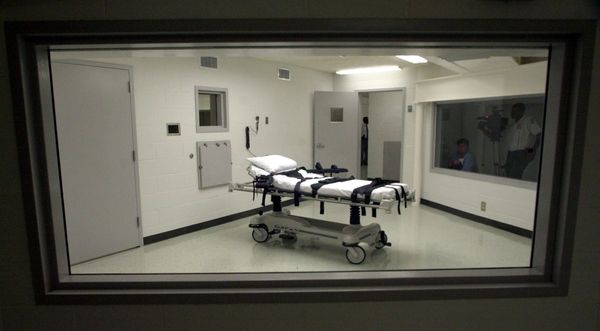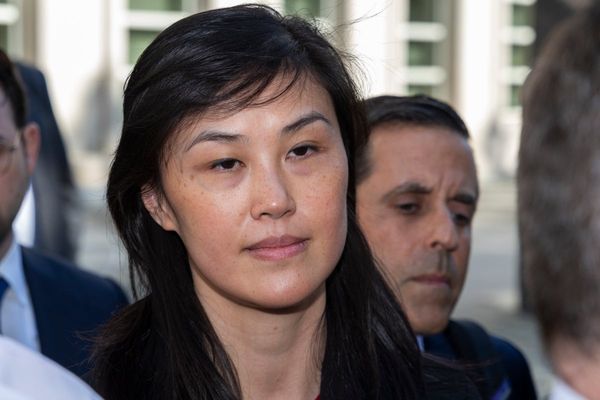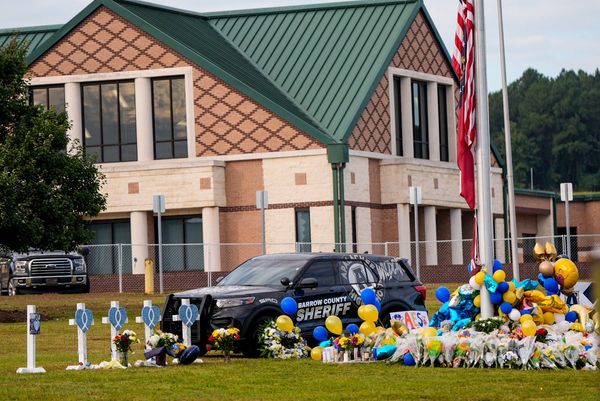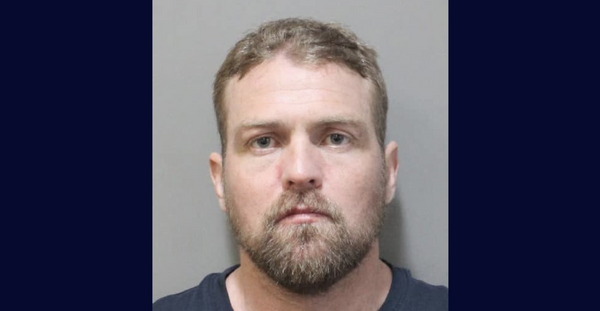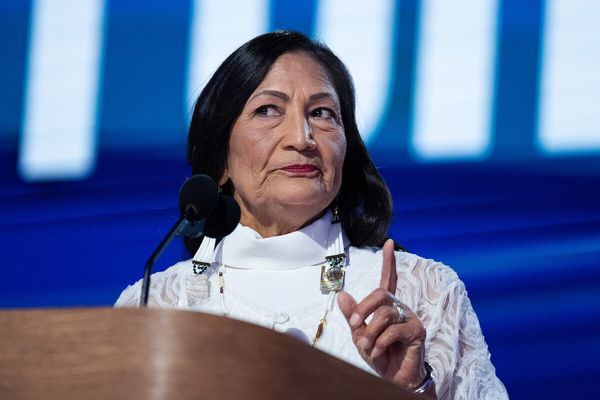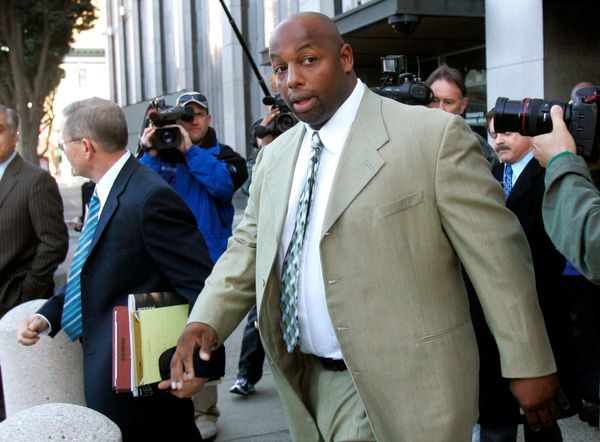
Former President Donald Trump, despite being convicted of 34 counts of falsifying business records earlier this year, will have no issue casting a ballot for himself today. This is due to a New York law that allows individuals with felony convictions to vote as long as they are not incarcerated at the time of the election.
However, for many Floridians with felony convictions, the process of regaining their voting rights is much more complex. A 2018 ballot initiative that aimed to restore voting rights to those who had completed their sentences was significantly altered by state Republican lawmakers. The new law mandates that all fines and fees associated with a conviction must be paid before voting rights can be reinstated.



Unlike Trump, who benefits from New York's more lenient laws regarding voting rights for felons, individuals in Florida face significant barriers to regaining their ability to vote. The requirement to pay off all fines and fees can be a cumbersome process, especially considering the lack of a centralized system for tracking these outstanding payments.
It is important for individuals with felony convictions in Florida to be aware of the challenges they may encounter in restoring their voting rights and to seek assistance in navigating the complex legal requirements. The disparity in voting rights restoration between states highlights the need for continued advocacy and reform efforts to ensure that all citizens have equal access to the voting booth.
